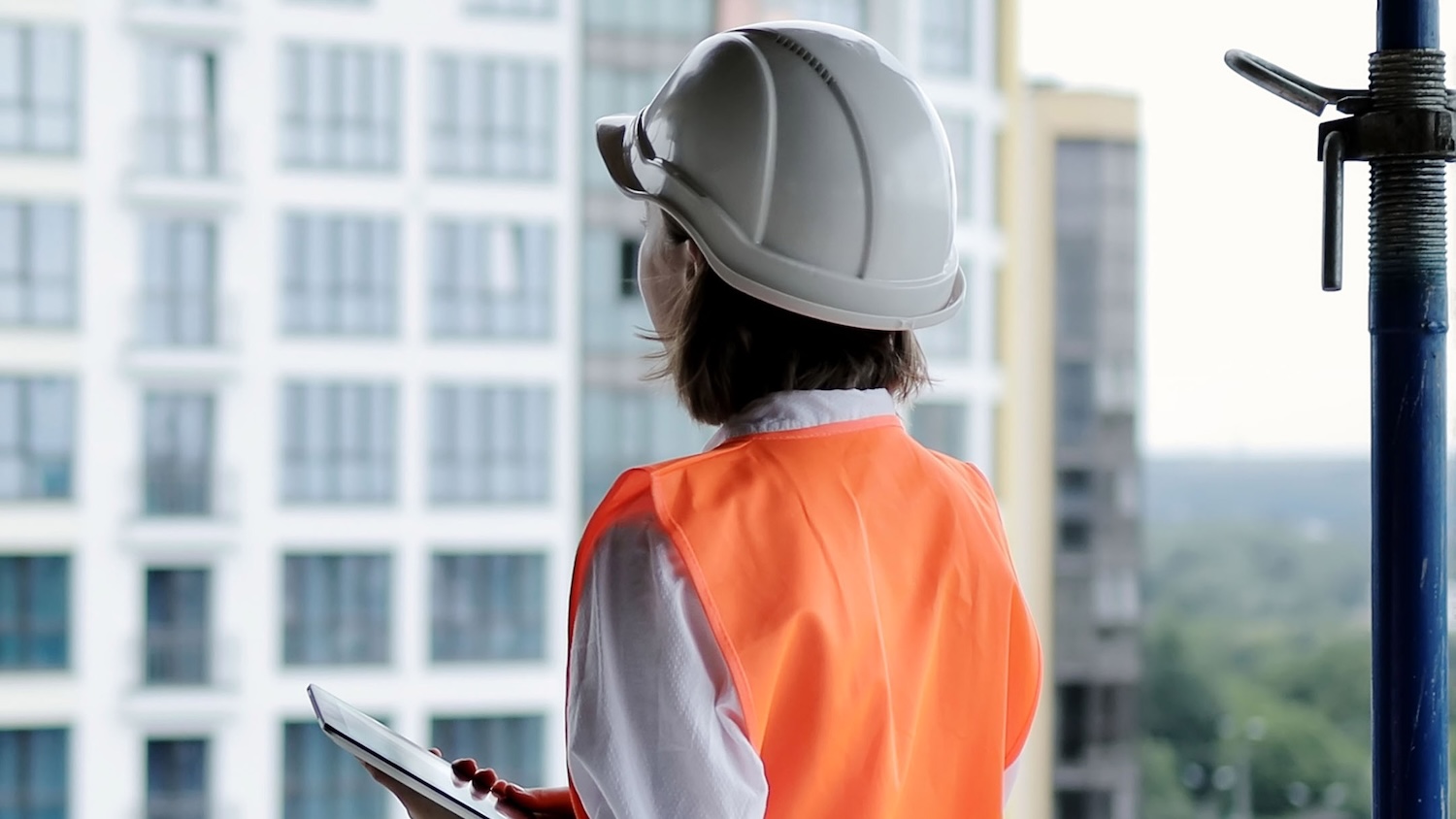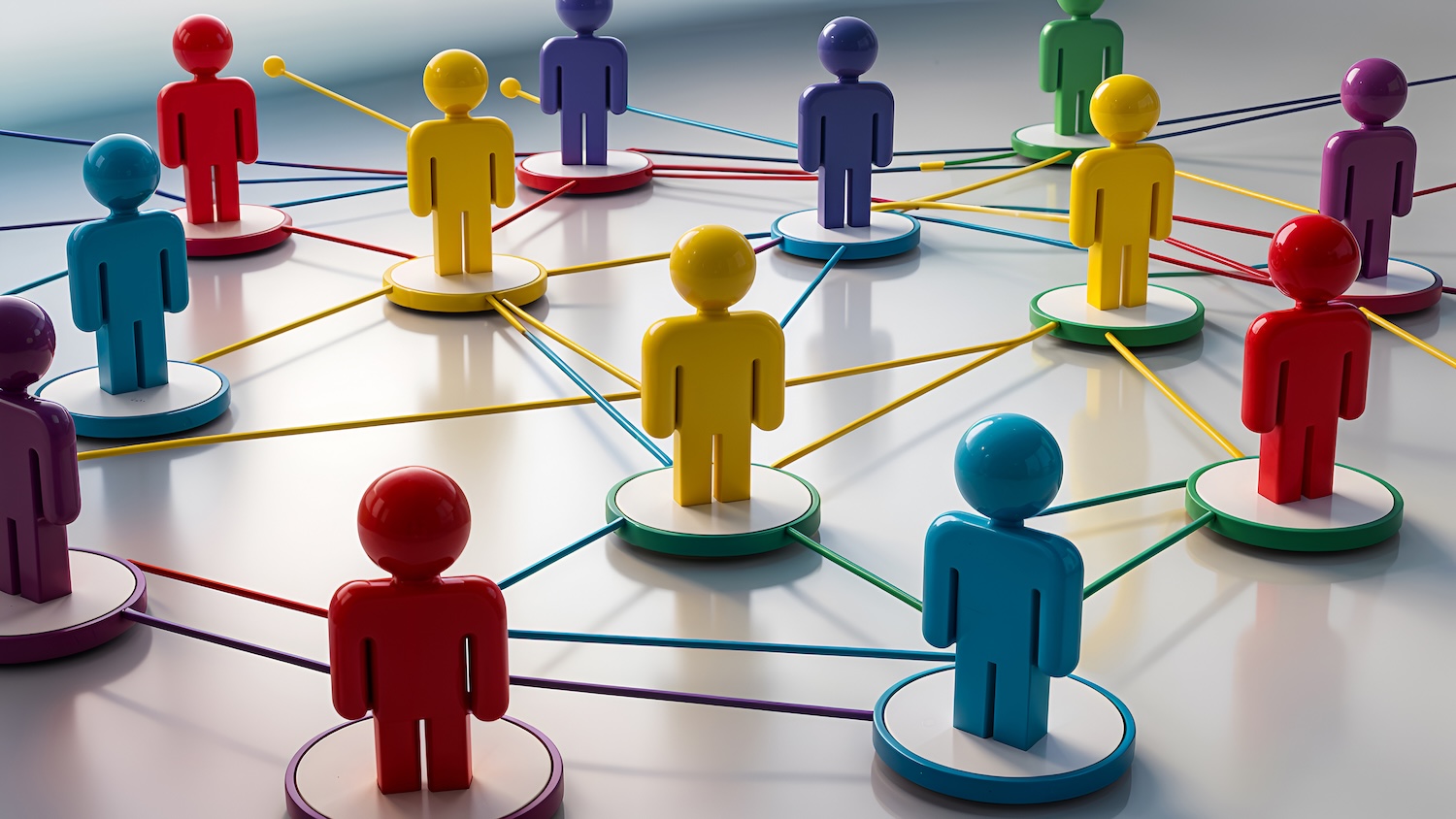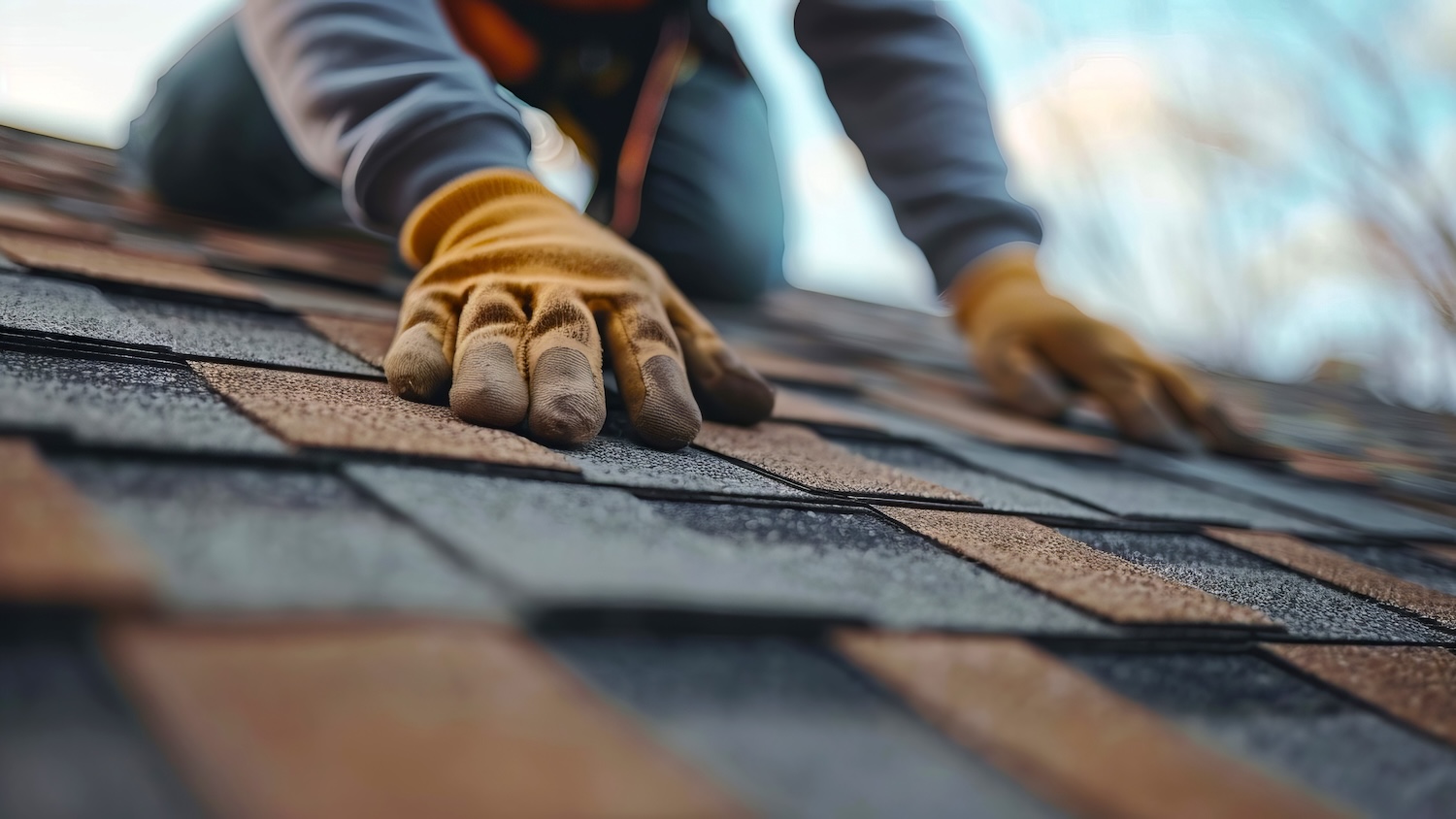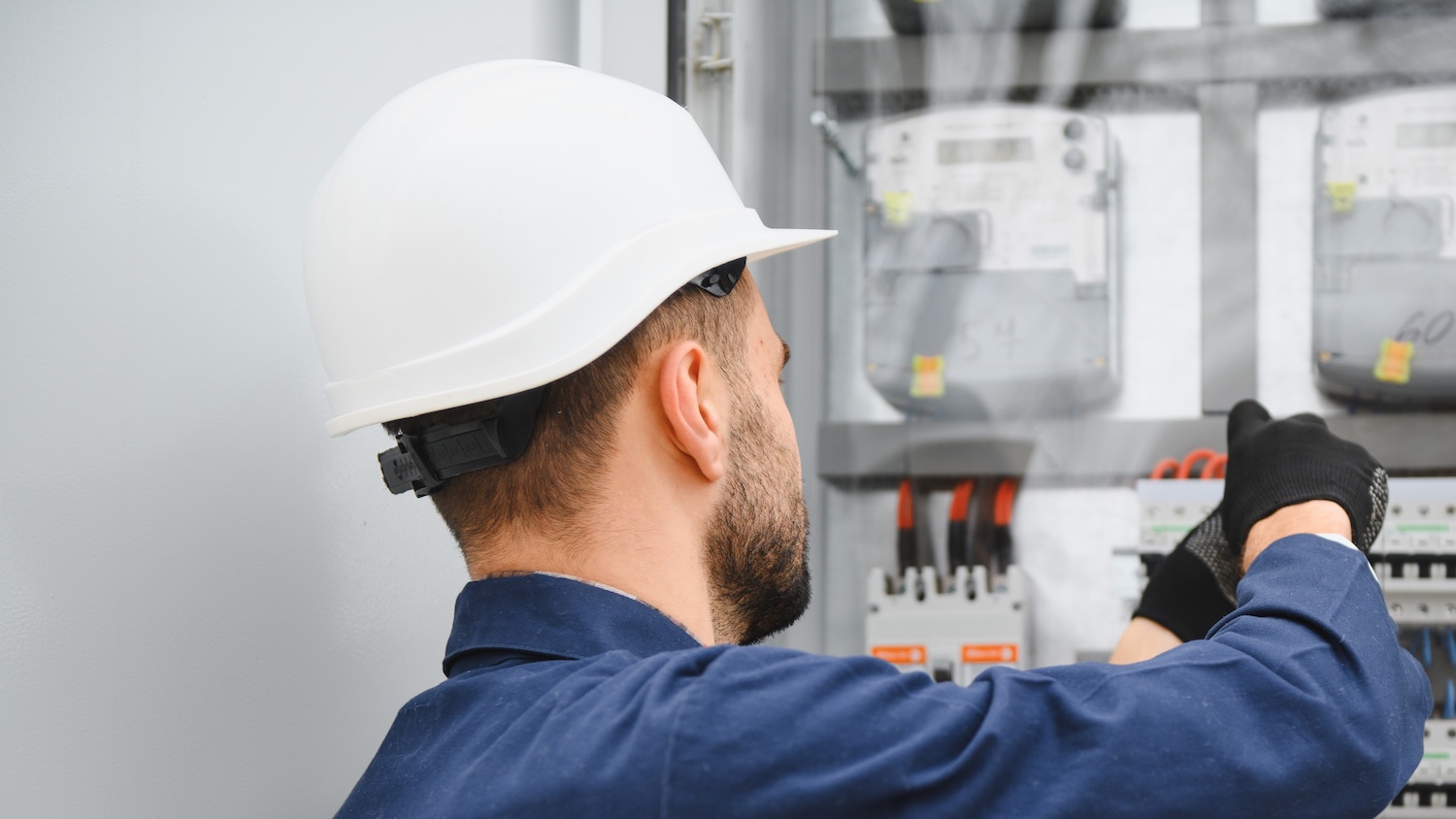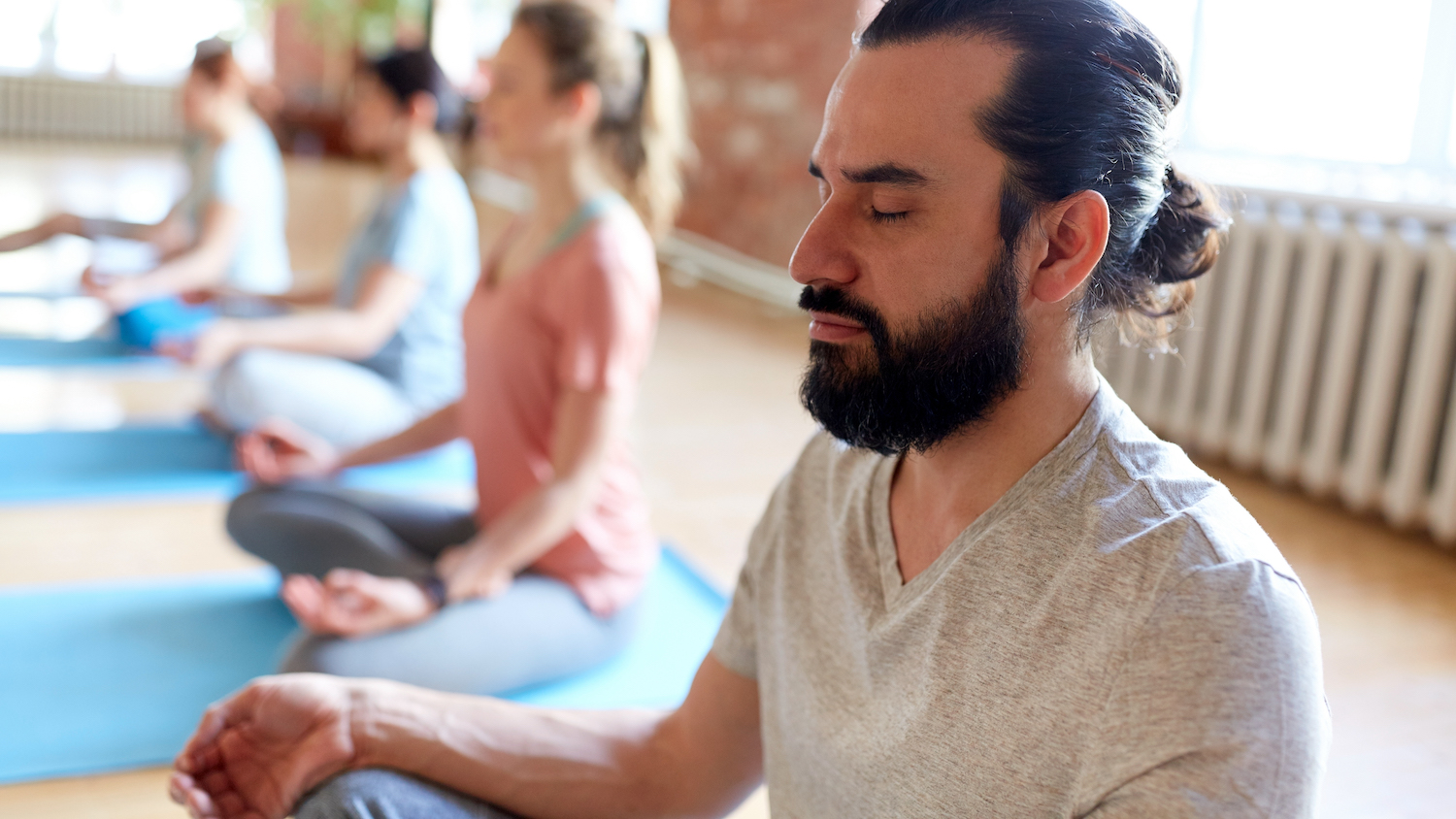
Mental fitness – changing the way we think about mental health
Tackling construction’s mental health crisis requires an approach typically associated with physical health, writes Rachael Keeble
The construction industry is in the middle of a mental health crisis.
In the UK, you are 3.7 times more likely to die by suicide than the national average. On top of that, 26% of people in the industry have been reported to have had suicidal thoughts, according to construction charity Building Mental Health. This has to change.
One of the ways we may not be helping ourselves is around the way we discuss mental health. The term itself implies there is an end goal – that if you attend this or that conference or webinar, you may achieve the coveted status of having good mental health.
But this is far from the reality of how we experience our mental wellbeing in life. And unfortunately, no matter how hard you work, circumstances can change that can affect our mental health at any time – some within our control, some outside of our control.
Path to mental fitness
Enter Simon Sinak’s concept of ‘mental fitness’. His videos on the topic are well worth watching, but what this term so accurately captures is that, like our physical health, we all need time, commitment, patience and the right tools to manage our mental wellbeing.
Like physical health, good mental health is not something that can be achieved overnight.
As with our physical fitness, we all have good days and bad days at our chosen sport. We all go through periods when we have more or less time to dedicate to these pursuits.
Mental discipline requires training and, like physical fitness, is something we have to work on patiently and consistently, over time.
The great thing about the term ‘mental fitness’ is that it implies a state of constant change. It allows for the good days, the not-so-good days and the damn awful days
The great thing about the term ‘mental fitness’ is that it implies a state of constant change. It allows for the good days, the not-so-good days and the damn awful days.
If our bodies can recover from a stretched muscle or a broken arm through training and rehabilitation, so too can our minds.
If our bodies can adapt to changes in our environment, such as temperature, altitude and diet, so too can our minds.
Tools for change
The great news is that, with the right training and tools, our mental fitness can make big leaps forward.
Just as you might join a team, watch a YouTube video or employ a personal trainer, there are plenty of tools you can employ to accelerate your mental resilience. And even better, a lot of these tools are simple, free and easy.
Great examples include taking time away from our phones or getting better quality sleep. Or there’s exercising, meditating, getting into nature and staying hydrated.
Some of these tools are basic, but in our busy lives we tend to forget the fundamentals, and this often leads to a downward spiral.
Plus, our lives are constantly changing, which is why it is important to fill your toolbox with as many mental fitness tools as you can.
What works for you today may be different tomorrow, but this does not mean that there is not a new solution.
Construction push
In the construction industry, we urgently need to make big changes when it comes to supporting our people’s mental wellbeing.
We need to start seeing our brains as being as extraordinary and adaptive as our bodies. We also need to start teaching the tools to help our people and industry become mentally fit for long, healthy, happy careers ahead.
Rachael Keeble, is the founder of project management course BuiltWell, and a trustee of the Chartered Institute of Building (CIOB).
If you’re in crisis and need urgent help, there are many helplines staffed by trained people ready to listen, including the Samaritans, available 24/7 on 116 123 (free from any phone).
Mental health support and advice for CIOB members, past members and related family is also available through CIOB Assist. CIOB, in partnership with Anxiety UK, also provides wellbeing support.


